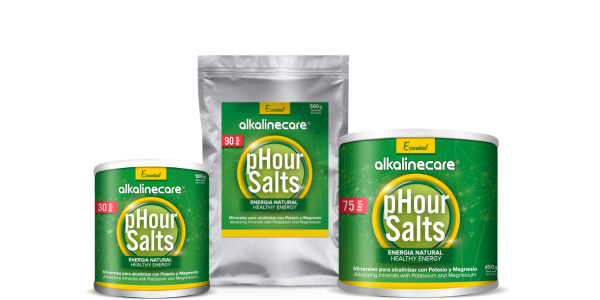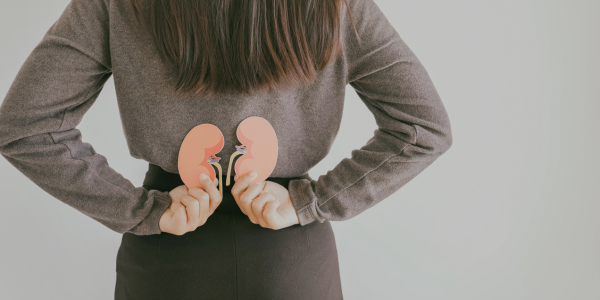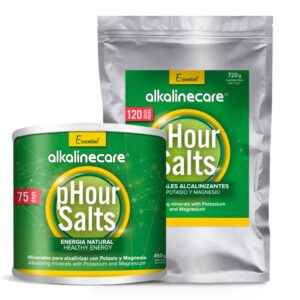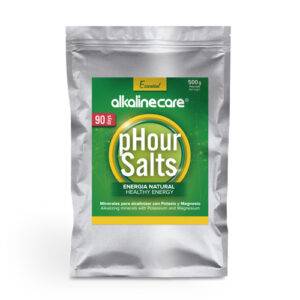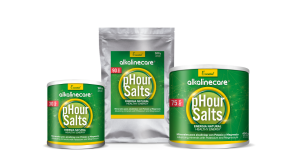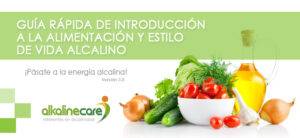This article is about kidneys and the importance of their care. The kidneys remove waste from the blood and excess water through urine and help maintain the balance of electrolytes such as sodium, potassium and calcium in the body. In addition, we teach you how to combat fluid retention.
How to combat fluid retention
Main functions of the kidneys
The kidneys perform various very complex and very important functions within our body.
- Regulate plasma volume.
- Regulate homeostasis of the body.
- Regulate the ionic composition of the blood.
- Maintain blood osmolarity (fluid volume).
- Regulate blood pressure.
- Regulate the acid-base balance.
What happens when the kidneys do not work well
When the kidneys lose their ability to filter, unhealthy levels of fluid, electrolytes, and waste can build up in the body. In end-stage kidney disease, you need dialysis or a kidney transplant to stay alive.
- Fluid retention (arms, legs).
- HTA (arterial hypertension).
- Pulmonary edema (fluid in the lungs).
- Sudden increase in potassium in the blood (hyperkalemia).
- Affectation of the heart’s capacity.
- Acidification “low-grade acidosis”.
- Itching or itching of the skin.
- Muscle cramps.
The kidneys have two main ways of maintaining pH balance: their cells reabsorb bicarbonate HCO3- from urine back into the blood and secrete hydrogen ions H+ into the urine. By adjusting the amounts reabsorbed and secreted, they balance blood pH.
The kidneys produce an average of 250g of sodium bicarbonate per day to alkalinize the blood, which should be maintained between 7.365 and 7.4? In 2009, British scientists at the Royal London Hospital discovered that chronic kidney disease or kidney failure could improve with the simple use of alkaline mineral salts such as sodium bicarbonate. It was published in the American Society of Nephrology in July 2009. Quite a discovery.
How to preserve the health of our kidneys
Alkaline diet
A diet rich in green leafy vegetables, seasonal vegetables and fruits, rich in vitamins, chlorophyll, alkaline minerals such as magnesium and potassium, and antioxidants, since an alkaline diet takes care of the kidneys. An acidifying diet loads them and promotes their early aging.
To monitor the pH of your urine you have some test strips that will tell you where you are. Look at it as soon as you wake up, so you’ll know if you need to correct something in your diet and lifestyle.
Fruits such as banana, apple, orange, apricot or peach, and vegetables such as potatoes, onions, celery, broccoli, cauliflower and eggplant, contain large amounts of potassium, an essential electrolyte for increase urine production.
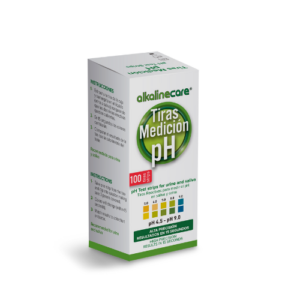
Drink plenty of alkaline water
The kidneys need water to function properly and promote their natural purification. Alkaline water neutralizes metabolic acids, protects the kidneys and acts like soap by cleansing them. By containing potassium and bicarbonate, it helps deflate and eliminate fluid retention caused by the accumulation of acids. You can make your homemade alkaline water with PuripHy. Drink between 5 and 8 glasses of alkaline water every day and you will notice the difference.

Take alkaline minerals daily
This aspect is crucial since alkaline mineral salts protect the kidneys from metabolic acids, preventing them from being overloaded.
By taking 1 scoop of pHour Salts every day you alkalize yourself as it acts as a buffer that eliminates acids and relieves kidney load. By taking pHour Salts regularly you will also prevent the formation of kidney stones. Dilute 1 scoop of pHour Salts in a liter of water and drink it throughout the day. You can increase the dose to 2 or 3 scoops daily depending on your needs.
With these practices you not only protect your kidneys, but also other organs and the entire body. When your kidneys work well, you enjoy energy and good health.
